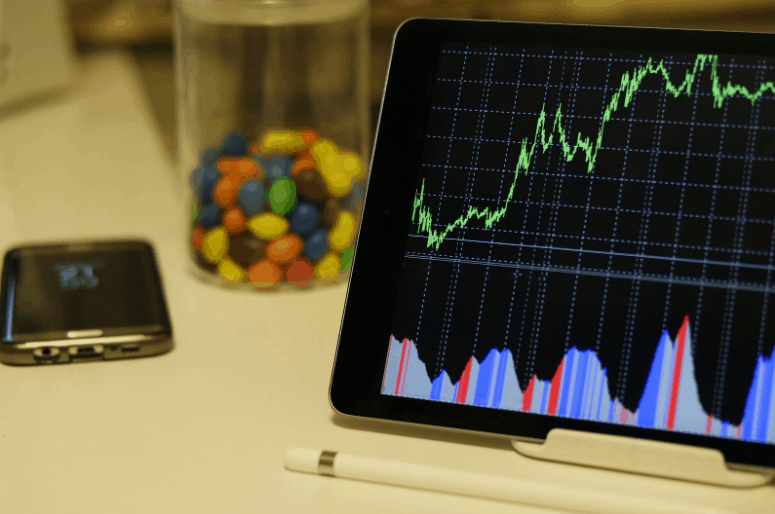Forex or currency trading, thanks to Forex brokers, has been very much accessible for traders of all levels. Whether you’re in the beginner, intermediate, or advanced level, Forex trading could be your second source of income which could be the gateway to the financial freedom you’ve always dreamed of.
The journey to Forex trading in 2020 starts with selecting a broker, which will play a significant role in your success as a Forex trader. A broker could either make or break you. You’ll need one which is reputable; one which you can entrust your hard-earned money with.
As we’ve discussed in our previous blogs, a plethora of Forex brokers is available in the market nowadays, making it quite difficult to actually find the best one out there; the one that will fit your trading needs. Brokers have their own trading terms and conditions; different account types; varied minimum requirements for the initial capital; and they possess licenses from different regulatory bodies.
We’re going to discuss in this blog the regulatory bodies that maintain transparency on the Forex market and protect the interest of the general public.
Forex Broker Regulators
Every country has its own financial agencies which track its financial markets and protect its people from any kind of fraud. For the Forex market, different regulators are implementing rules and guidelines that many Forex brokers must comply with. In the UK, the top agency that monitors Forex trading operations is known as the Financial Conduct Authority. The FCA is regarded as one of the most reputable Forex agencies in the Forex world.
Meanwhile, in Australia, the Australian Securities and Investments Commission has the responsibility of making sure its consumers are safe in engaging in various financial markets like stocks, mutual funds, and Forex.
Aside from the FCA and ASIC, you might have also heard of the Cyprus Securities and Exchange Commission. Headquartered in Cyprus, the CySec is one of those agencies which many Forex traders prefer dealing with as it is recognized as an organization that constantly changes their guidelines to see to it that the money of the public is in good hands.
CySec-regulated Forex Brokers
A lot of Forex companies have flocked to Cyprus to establish their businesses there as doing so will open a great opportunity for them to grow their client base. This is because Cyprus is part of the EU. Having a license from CySec enables Forex brokers to carry out their operations across Europe, which has a population of 747,548,986, as we speak. With such a large population, doing Forex business in the area is only sensible. What also makes Cyprus an option for FX companies is its cheaper taxes, and the country’s ease of establishing a Forex company.
CySec has been regarded as a Forex agency that imposes loose requirements in setting up a company, which is why many brokers maintained a presence in Cyprus. Some of the Forex brokers regulated by CySec include Alpari, XM, FXTM, FBS and Exness. For several years now, these brokers have been in the Forex sector, cementing their brands in the Forex world.
Should You Trade with a Cyprus Brokerage Company?
The simple answer to this question is yes, and that is mainly because the Cyprus Forex regulatory body, the Cyprus Securities and Exchange Commission, does a good job of enforcing protective guidelines and laws that guarantee traders and investors’ safety and security.
Having said that, do you know that CySec had received a lot of backlash in the previous years? This is because the agency seemed to favor Forex brokers more than individual traders. They were bombarded with claims that they turned a blind eye on fraudulent Forex brokerages and gave them the permission to operate in Cyprus with minimal fines. But the agency, since 2010, has become stricter in implementing their rules to make sure brokers adhere to them. We’ve personally seen CySec slapped several Forex companies with high fines and permanent license removal. This has uplifted the image of the agency in the public eye.
CySec has been very much involved in updating their existing policies, as well as introducing new ones. The agency has increased its minimum capital for Forex brokers to €750,000, making sure that they are liquid and can continue their operation.



